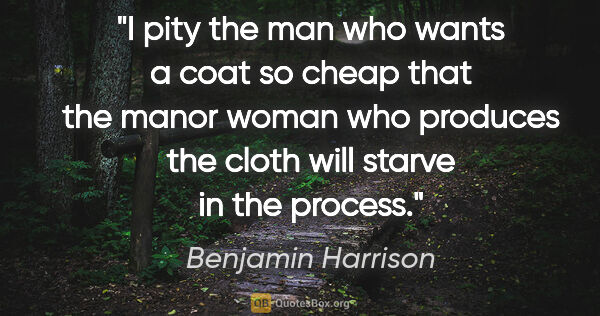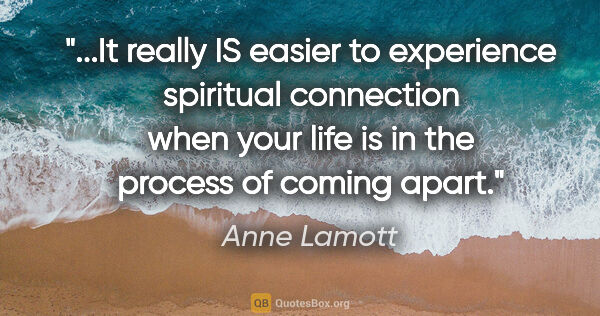Procession Quotes (page 8)
It was this other side of Avery - the fact that he so visibly had an other side - that was helping me finally understand all three of the dimensions in Kafka: that a man could be a sweet, sympathetic, comically needy victim and a lascivious, self-aggrandizing, grudge-bearing bore, and also, crucially, a third thing: a flickering consciousness, a simultaneity of culpable urge and poignant self-reproach, a person in process.
Jonathan Franzen
Like all who are impassioned, I take blissful delight in losing myself, in fully experiencing the thrill of surrender. And so I often write with no desire to think, in an externalized reverie, letting the words cuddle me like a baby in their arms. They form sentences with no meaning, flowing softly like water I can feel, a forgetful stream whose ripples mingle and undefine, becoming other, still other ripples, and still again other. Thus ideas and images, throbbing with expressiveness,...
Fernando Pessoa
We hypostatize information into objects. Rearrangement of objects is change in the content of the information; the message has changed. This is a language which we have lost the ability to read. We ourselves are a part of this language; changes in us are changes in the content of the information. We ourselves are information-rich; information enters us, is processed and is then projected outward once more, now in an altered form. We are not aware that we are doing this, that in fact this is...
Philip K. Dick
If you want to achieve your objectives, you have to be prepared for a daily dose of pain or discomfort. At first, it's unpleasant and demotivating, but in time you come to realise that it's part of the process of feeling good, and the moment arrives when, if you don't feel pain, you have a sense that the exercises aren't having the desired effect.
Paulo Coelho
[Stephanie] 'You see, Mrs. Mayer was going on about George's lodge, and how he wanted to be buried with his ring, and so Grandma had to check the ring out, and in the process broke off one of George's fingers. Turns out the finger was wax. Somehow Kenny got into the mortuary this morning, left Spiro a note, and chopped off George's finger. And then while I was at the mall tonight with Mary Lou, Kenny threatened me in the shoe department. That must have been when he put the finger in my...
Janet Evanovich
In general, we look for a new law by the following process: First we guess it; then we compute the consequences of the guess to see what would be implied if this law that we guessed is right; then we compare the result of the computation to nature, with experiment or experience, compare it directly with observation, to see if it works. If it disagrees with experiment, it is wrong. In that simple statement is the key to science. It does not make any difference how beautiful your guess is, it...
Richard P. Feynman
There will be no curiosity, no enjoyment of the process of life. All competing pleasures will be destroyed. But alway? do not forget this, Winsto? always there will be the intoxication of power, constantly increasing and constantly growing subtler. Always, at every moment, there will be the thrill of victory, the sensation of trampling on an enemy who is helpless.If you want a picture of the future, imagine a boot stamping on a human fac? forever.
George Orwell

[Lee Oswald] saw himself as part of something vast and sweeping. He was the product of a sweeping history, he and his mother, locked into a process, a system of money and property that diminished their human worth every day, as if by scientific law. The books made him part of something. Something led up to his presence in this room, in this particular skin, and something would follow. Men in small rooms. Men reading and waiting, struggling with secret and feverish ideas. (41)
Don DeLillo


Art is the process of evoking pity and terror, which is not abstract at all but very human. What the self-styled modern artists are doing is a sort of unemotional pseudointellectual masturbation . . . whereas creative art is more like intercourse, in which the artist must seduce -- render emotional -- his audience, each time.
Robert A. Heinlein